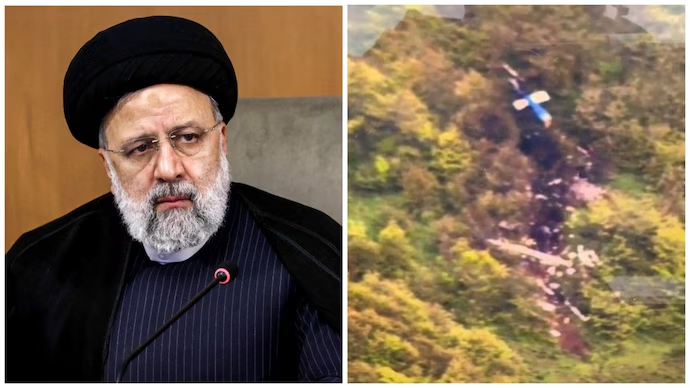
The sudden death of Iranian President Ebrahim Raisi in a helicopter crash has sent shockwaves through the nation and the international community. Given Raisi’s prominent and often controversial role in global politics, the circumstances surrounding his death warrant a thorough investigation into the possibility of assassination or murder.
Potential Motives for Assassination
- International Stance and Adversaries: Ebrahim Raisi was known for his hardline stance against Western powers, particularly the United States and Israel. His presidency was marked by a refusal to compromise on Iran’s nuclear program and strong support for regional allies like Hezbollah and the Assad regime in Syria. These positions made him a significant target for adversaries who might have seen his elimination as a way to destabilize Iran and weaken its influence in the Middle East.
- Technical Malfunctions or Sabotage: The helicopter crash occurred in dense fog, but the lack of a distress signal suggests a sudden and catastrophic failure, possibly due to sabotage. The Bell 412 helicopter, a reliable model, rarely experiences such sudden malfunctions without external interference. This raises suspicions about deliberate tampering with the aircraft’s systems.
- Political Context and Internal Power Struggles: Within Iran, Raisi’s administration faced opposition from various factions. His rise to power involved displacing rivals, creating potential for internal conspiracies. The timing of his death, amid significant political and economic challenges, could suggest an attempt by domestic adversaries to shift the balance of power.
Evidence Supporting Assassination Theory
- Past Precedents and Pattern of Attacks: Iran has a history of high-profile assassinations, including nuclear scientists and military leaders, often attributed to foreign intelligence agencies. Raisi’s death fits a pattern of targeted killings aimed at crippling Iran’s leadership and strategic capabilities [3].
- Geopolitical Reactions: The immediate international response, particularly from adversarial states, has been cautious. However, speculation about foreign involvement, especially Israel, has been rife. Such accusations, whether substantiated or not, highlight the tense geopolitical environment and the high stakes involved.
- Lack of Transparency: The Iranian authorities have yet to provide a detailed account of the crash. This lack of information fuels suspicions and conspiracy theories, suggesting that there might be more to the incident than an unfortunate accident.
Conclusion
The untimely death of President Ebrahim Raisi is a complex event with potential implications far beyond the immediate tragedy. Given his pivotal role in Iran’s international strategy and the numerous enemies he made, the possibility of assassination cannot be dismissed. A comprehensive investigation is essential to uncover the truth and address the broader implications for Iran’s future.
🌐 Sources
- csis.org – The Impacts of Raisi’s Death
- tehrantimes.com – Tehran Times
- livemint.com – Ebrahim Raisi ‘assassinated’? Many suspect Israel’s role …
- iranpress.com – Iran Press – Iran news, breaking news, world news
- bbc.com – Iran helicopter crash – Ebrahim Raisi
- pakistan.mfa.gov.ir – Iranian Media Links